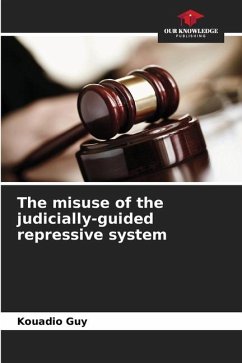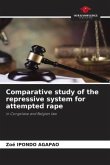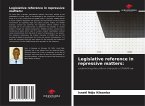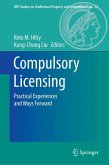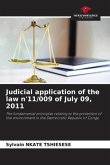Originally, everyone was fully entitled to justice. This generally consisted of retaliation against the person who was supposed to have committed the wrong. Today, this system is outdated. No one has the right to seek justice. This concept is reflected firstly in the fact that justice is dispensed within a precise and organised framework, i.e. in the courts, and secondly in the fact that there are specific individuals responsible for materialising justice and dispensing it. This is why we have different types of courts, such as civil, criminal or repressive courts and administrative courts. At the heart of these different types of courts, we have focused our attention on "the criminal courts or the repressive judicial system". But before continuing my analysis, it would be appropriate to present this type of system. It should be remembered that the repressive judicial system refers to the "criminal courts" or "criminal jurisdiction".
Bitte wählen Sie Ihr Anliegen aus.
Rechnungen
Retourenschein anfordern
Bestellstatus
Storno

